Some Muslims Question Anwar Al-Awlaki's Death
The U.S.-led killing in Yemen of al-Qaida cleric Anwar al-Awlaki, the U.S. born imam who was known for his Internet videos preaching violent jihad and his influence on homegrown American terrorists, has highlighted disagreements among Muslim-American leaders when to comes to the war on terrorism.
In the decade since 9/11, it's become customary for mosques and Islamic organizations to come out strongly against terrorists when plots against the U.S. are foiled or when terrorists are caught, such as when Osama bin Laden was killed in Pakistan in May. As surveys, including one from the Pew Research Center last month, continue to show that many Muslim Americans and the broader American public believe Muslim leaders don't condemn terrorism enough, formal denouncements and press conferences at Islamic centers have become a common part of the Muslim-American landscape.
But when news broke Friday of al-Awlaki's death, the reaction among Islamic organizations was far from unified or entirely supportive of the U.S. government's role in his demise. The death has also raised a theological debate about when killing another human is justified.
"As we have stated repeatedly in the past, the American Muslim community firmly repudiated Anwar al-Awlaki's incitement to violence, which occurred after he left the United States. While a voice of hate has been eliminated, we urge our nation's leaders to address the constitutional issues raised by the assassination of American citizens without due process of law," the Washington-based Council on American-Islamic Relations said in a statement released Friday morning.
Love HuffPost? Become a founding member of HuffPost Plus today.
The statement was far more muted than that released when bin Laden was killed, after which CAIR leaders said they "join our fellow citizens in welcoming the announcement that Osama bin Laden has been eliminated as a threat to our nation and the world."
The death of al-Awlaki, who was born in New Mexico and had served as an imam at mosques in Denver, San Diego and Northern Virginia before leaving for London in 2002 and later moving to Yemen, was also carefully addressed by officials at Dar Al-Hijrah, the Falls Church, Va., mosque where he was imam from January 2001 to April 2002.
"Upon the death of a person the Qur'an teaches us to say, 'innallilahi wa inna ilayhi rajioon,' translated 'from God we come and to God is our return,'" opened a statement from Dar Al-Hijrah imam Johari Abdul-Malik. The imam cautioned that Muslims "do not accept violence nor extremism and recommit ourselves to our message living our faith in peace," but added that he questioned "extra-judicial assassination of any human being and especially an American citizen, which includes Al-Awlaki." When Bin Laden was killed, Abdul-Malik blogged that "I guess I should be happy," but cautioned that "violence only begets violence."
Dawud Walid, the executive director of CAIR-Michigan, echoed the sentiment about killing a man born in the U.S.
"It's a scary proposition that the executive branch would kill an American citizen who is not on the battlefield and who was not even indicted on one criminal charge," he said. "We have taken a very clear position about violent extremism and Mr. Awlaki's rhetoric, but we have to say things at times that may be considered unpopular by some in the broader public. What are the limits and who is next?"
The killing of al-Awlaki and bin Laden has pulled some Muslims into a theological debate over how to deal with terrorists. Walid said he looks to Surat Al-Ma'idah, a portion of the Quran, for guidance.
"O you who have believed, be persistently standing firm for Allah, witnesses in justice, and do not let the hatred of a people prevent you from being just. Be just; that is nearer to righteousness. And fear Allah ; indeed, Allah is Acquainted with what you do," the Quran says.
But there are some Muslims who say Islam justifies the killing of al-Awlaki.
"As much as he is a U.S. citizen, we are are in a state of war. He was not on U.S. soil, he was elsewhere, and he has clearly driven Americans and others to kill American citizens," said M. Zuhdi Jasser, president of the Phoenix-based American Islamic Forum for Democracy. "In a state of war, it is perfectly correct and moral to respond to that with a targeted killing. It's no different than what we did with with Osama bin Laden. Islamic history is full of examples of just war."
Harris Zafar, a spokesman for the Ahmadiyya Muslim Community, a minority Islamic sect, had a similar view.
"While the Ahmadiyya Muslim Community never celebrates or enjoys the death of any human soul, we are relieved that a voice calling for the death of innocent Americans has been silenced. Public peace and safety has to be our number one priority, and anyone inciting people towards chaos, disorder and death needs to be brought to justice."
Zafar continued: "The Ahmadiyya Muslim Community wants Muslims to keep in mind that Anwar al-Awlaki was not a Muslim leader. He did not represent Islam. So his death is in no way an attack against Islam."
Life Of Al-Awlaki
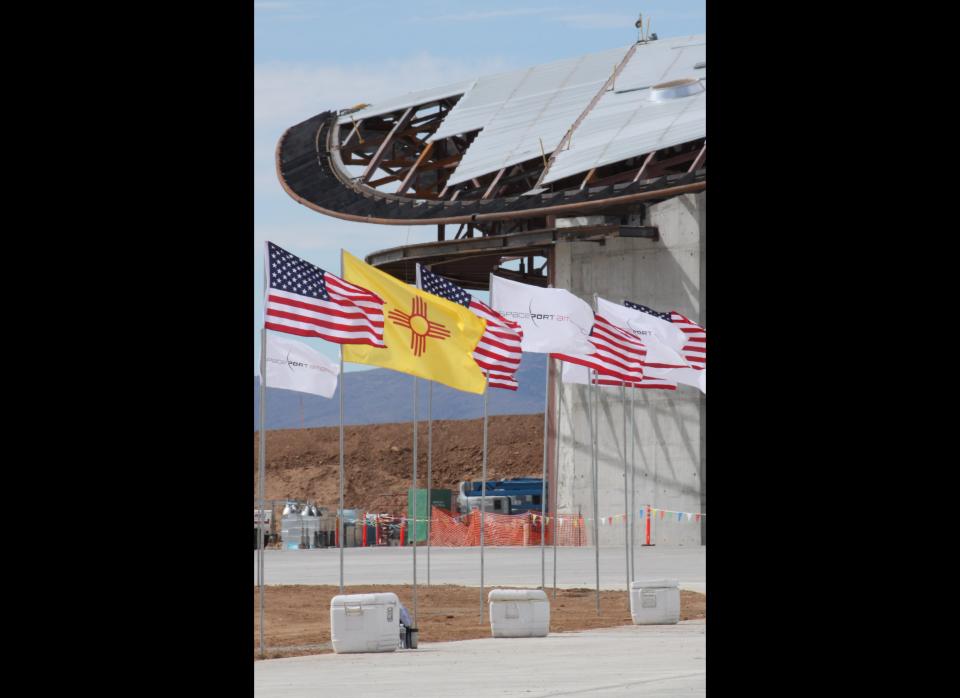
1978
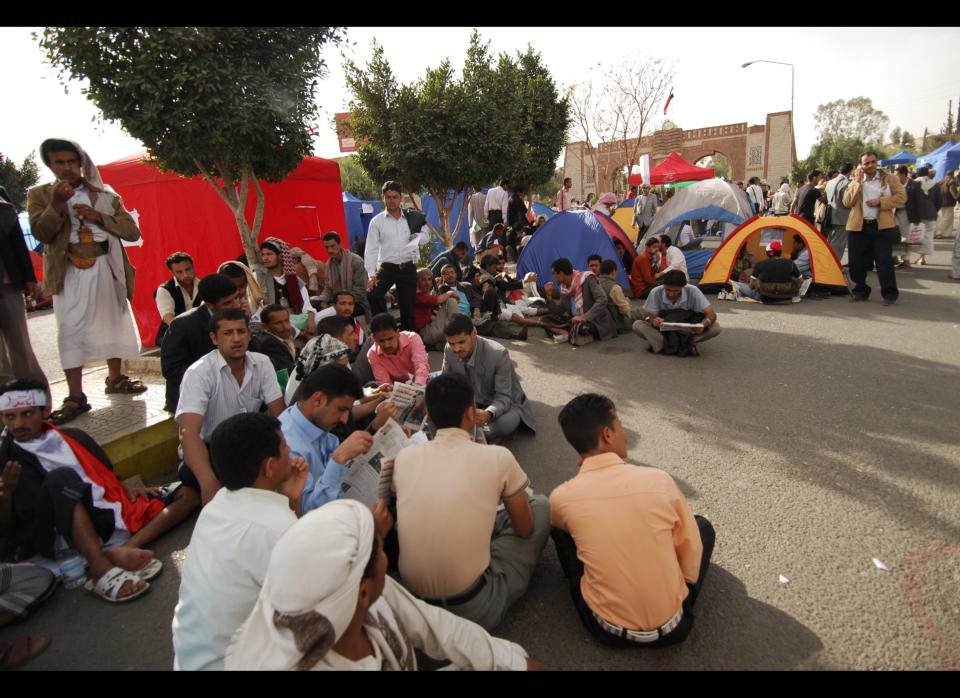
1991
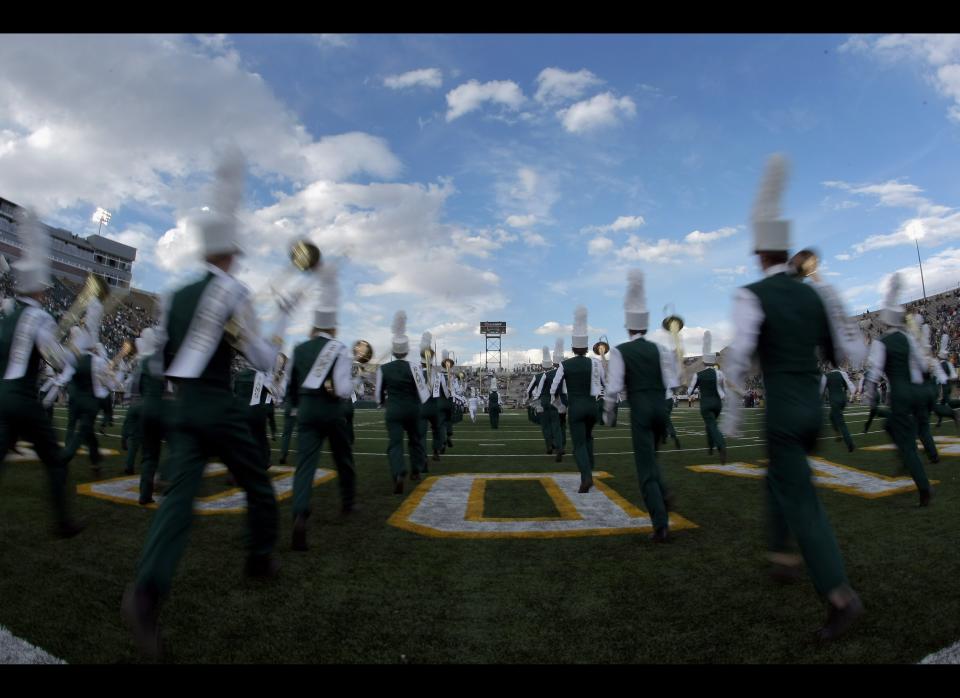
2000
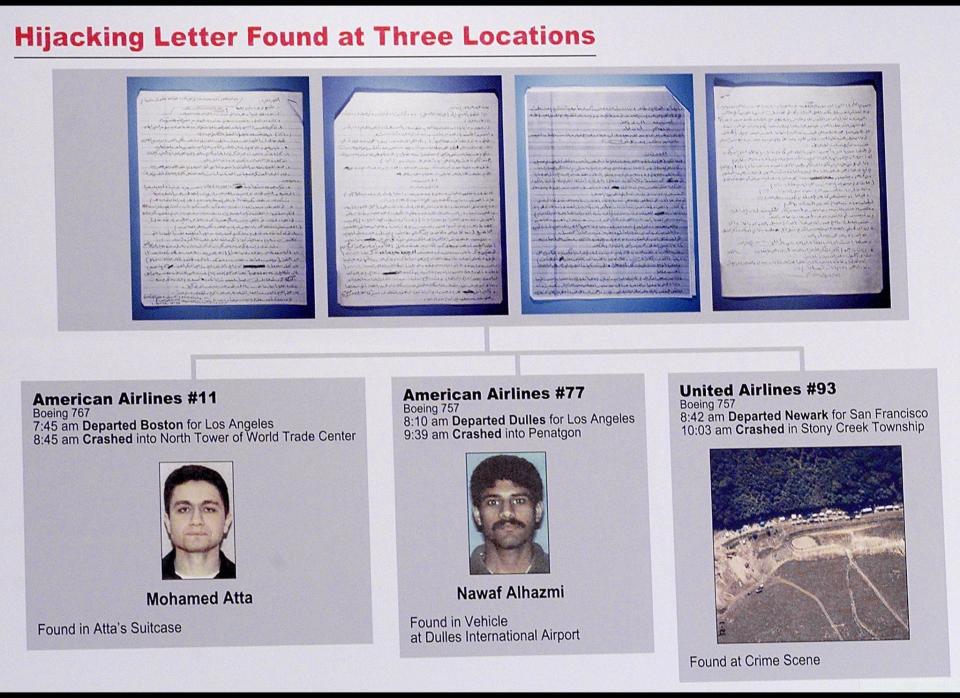
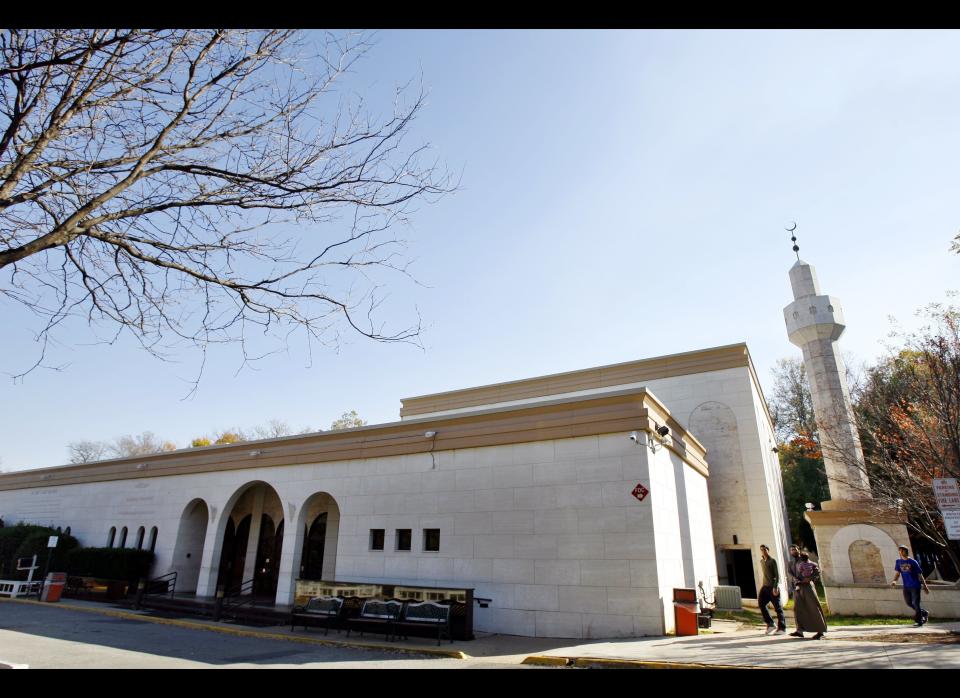
After 9/11/01
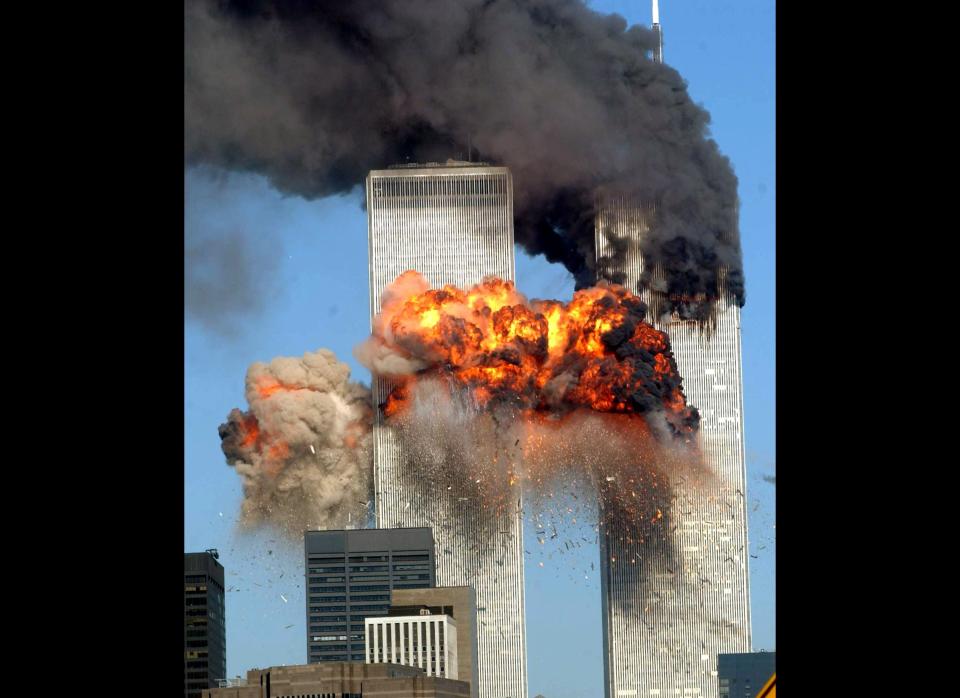
2002
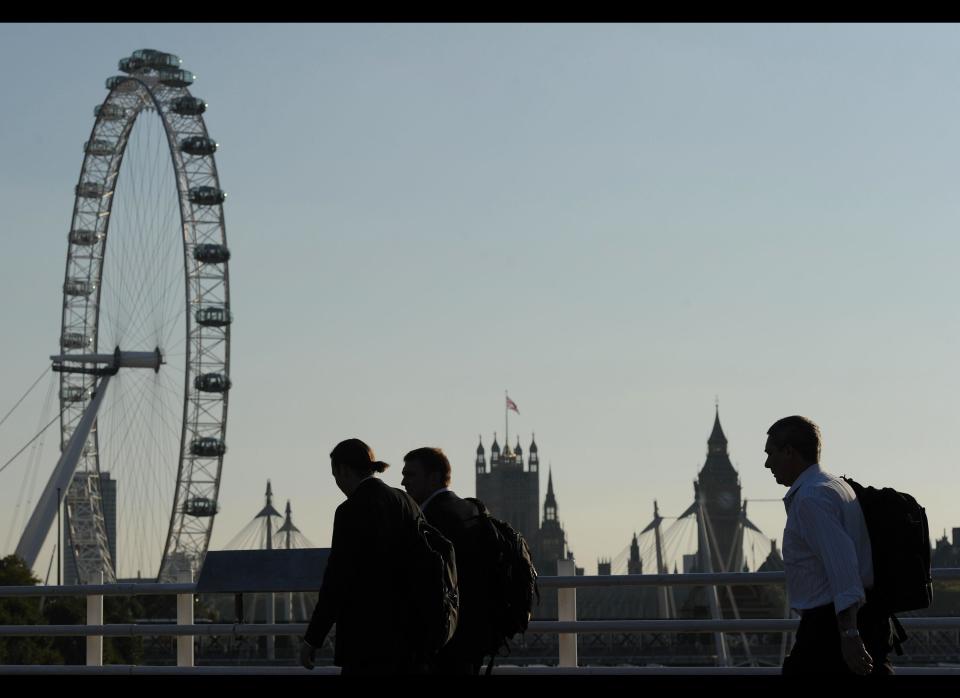
2006-2007
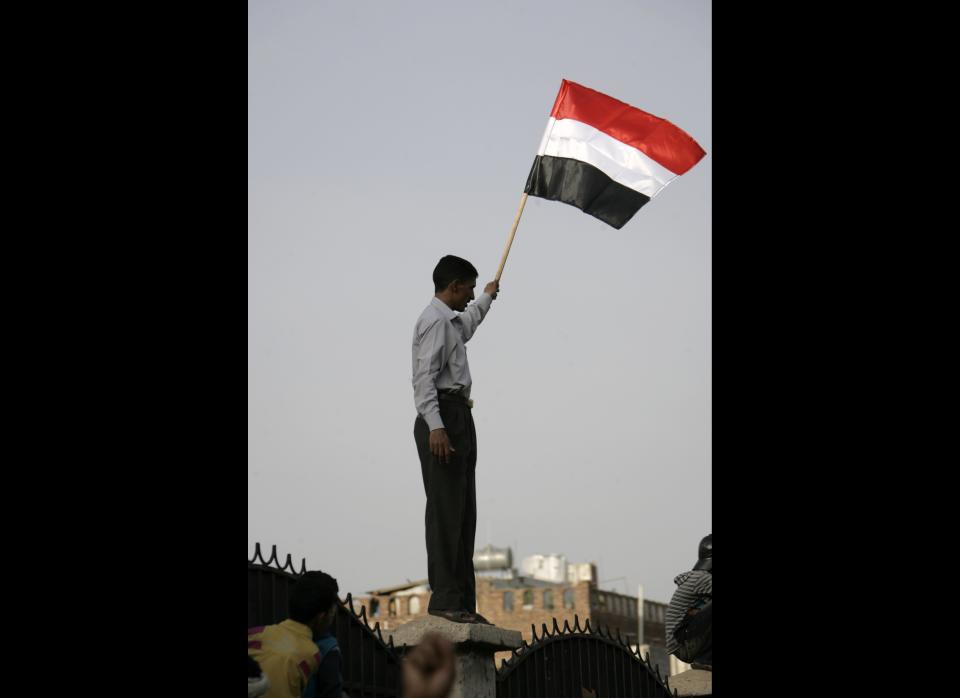
2009
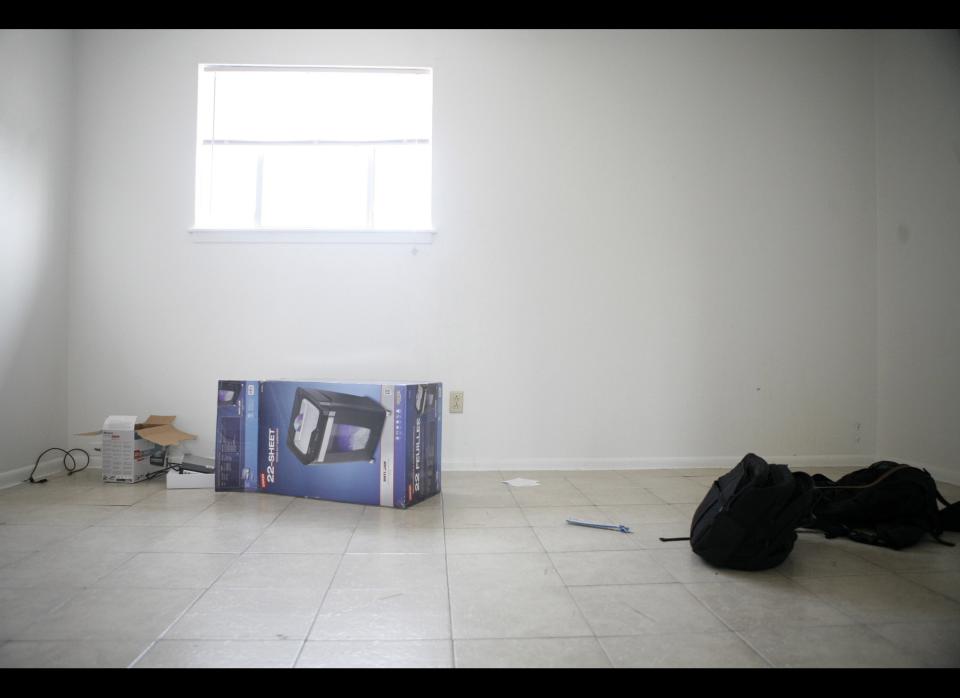
Dec. 24, 2009

2010
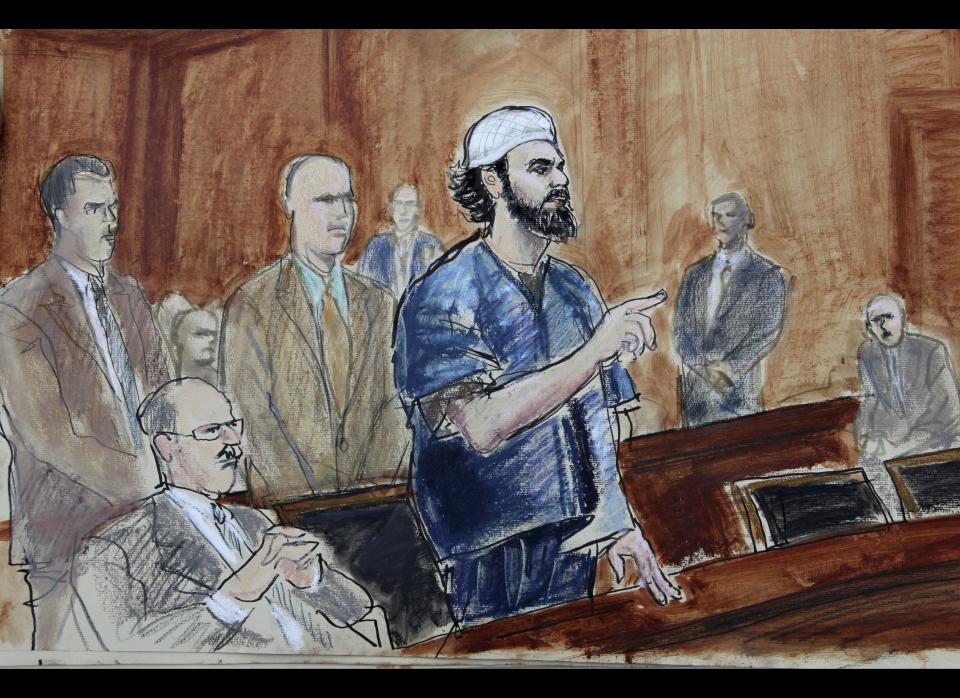
2010

May 2011
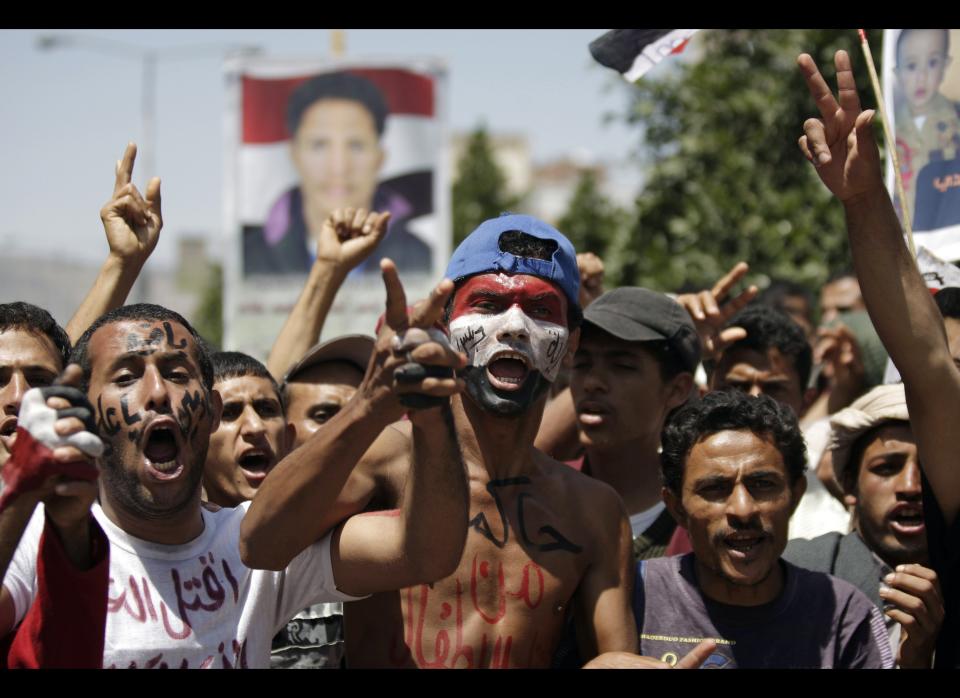
Sept 30, 2011

This article originally appeared on HuffPost.

